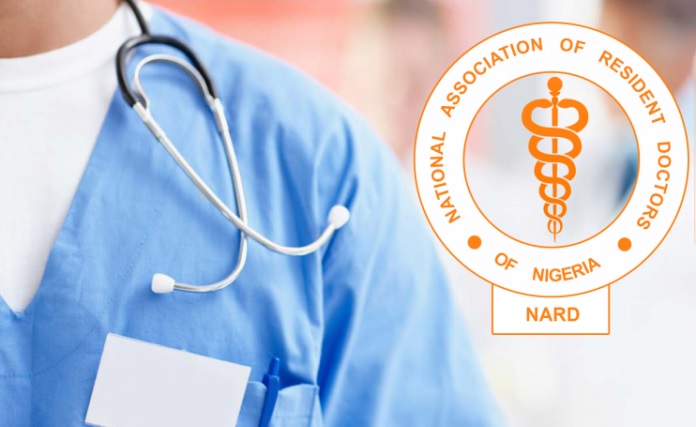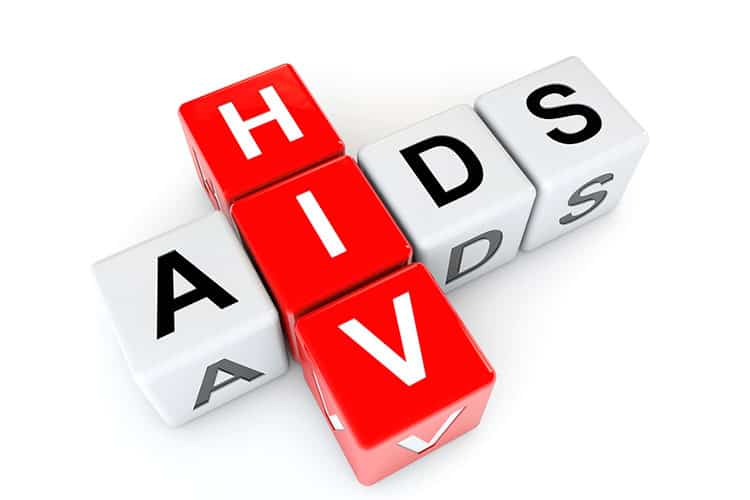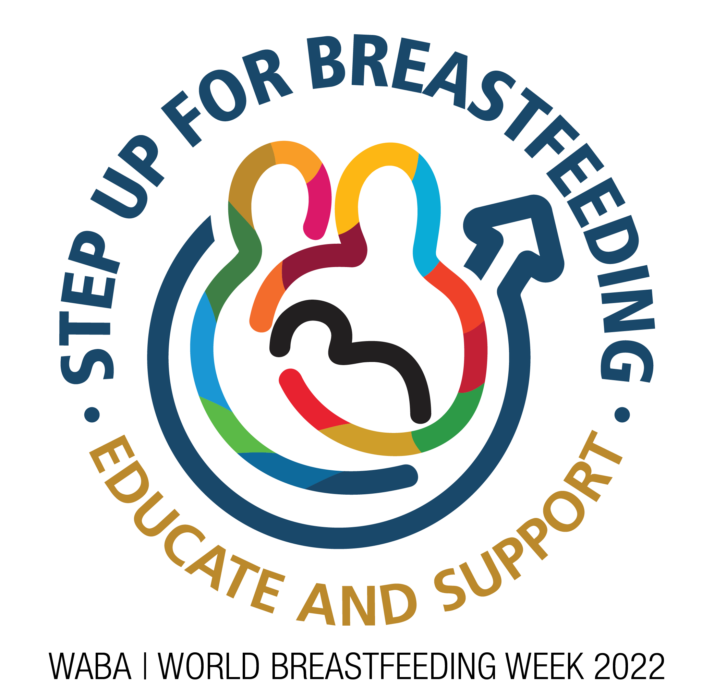The Publicity Secretary of NARD, Dr. Yusuf Alfa says Government has commenced talks with the Nigerian Association of Resident Doctors (NARD) over the demands of the doctors.
Recall that the resident doctors had on July 30th, 2022, issued a two-week ultimatum to the Federal Government to implement all the agreements it had with the association or risk an indefinite strike.
The doctors’ demands are that the Federal Government expedite action on the payment of the newly reviewed Medical Residency Training Fund to enable its members to meet up with the closing date of examination registration as advertised by the National Postgraduate Medical College of Nigeria.
They are also demanding the immediate implementation and payment of the new hazard allowance and arrears as contained in the circular from the National Salaries, Income and Wages Commission.
NARD is seeking the payment of the skipping arrears for 2014, 2015, and 2016 to deserving members; the immediate payment of consequential adjustment of the minimum wage to members who have been deprived since it was implemented several years ago.
Other demands include an immediate review of the Consolidated Medical Salary Structure and other related allowances given the current economic situation in the country; payment of salary arrears for doctors in Abia (26 months), Imo (10 months), Ondo (five months), Ekiti (three months), and Gombe (two months) states; among others.











